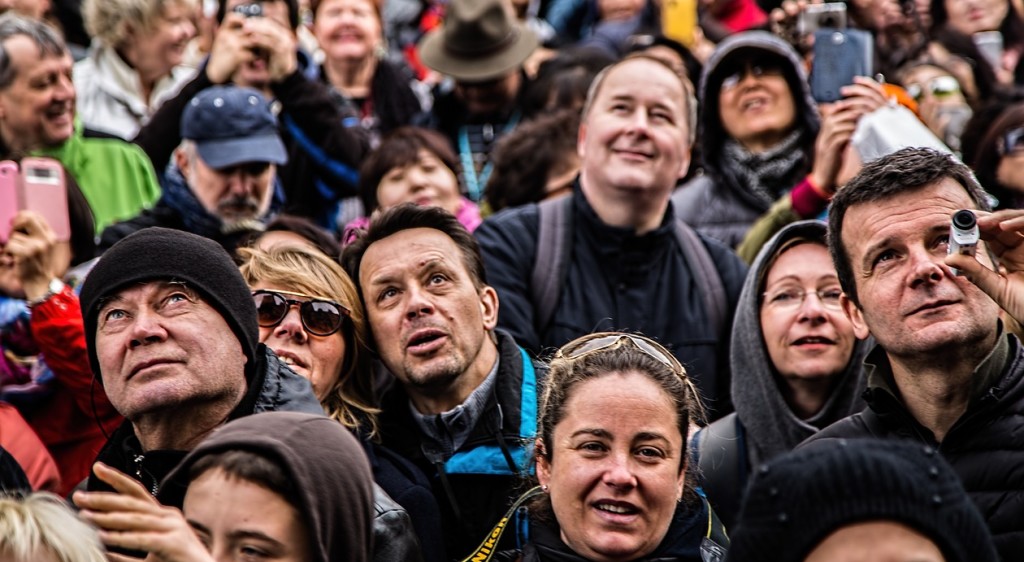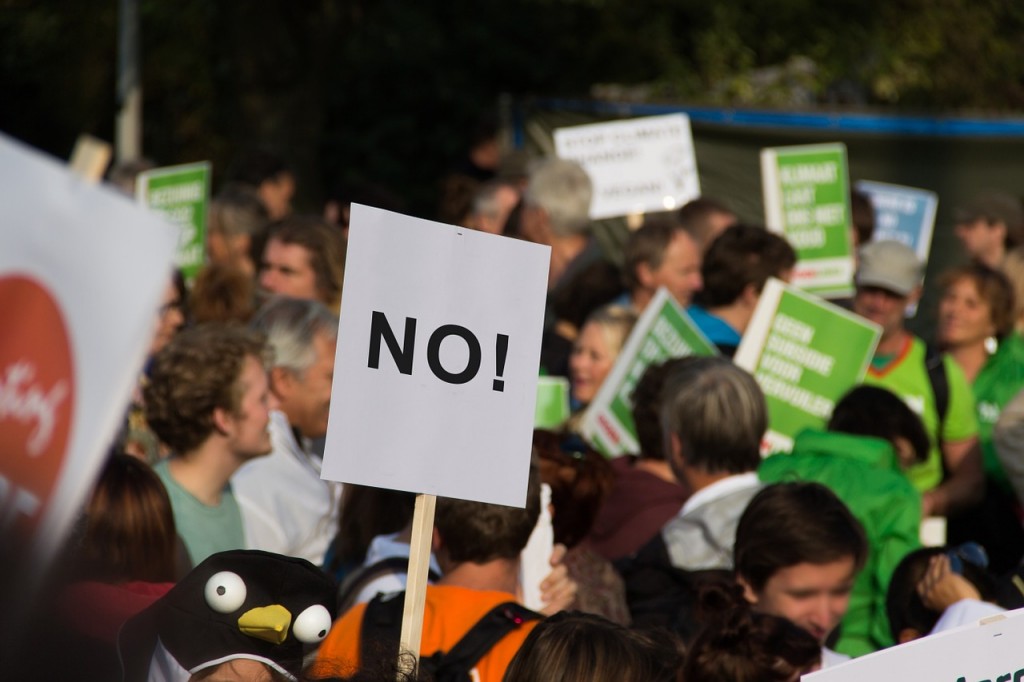We are delighted to welcome this guest post from Robert Sharp of English PEN a 94-year old organisation which exists to defend and promote freedom of expression, and to remove barriers to literature.
Freedom of Expression is an ‘enabling right’. It is the human right that allows people to secure and defend all the other human rights. Without an unfettered right to speak, how could you complain about ill-treatment at the hands of the state? Without free speech, how could you organise to associate with others? Without free speech, how could you express your religious beliefs? Without free speech, how can journalists hold big business and politicians to account?
Freedom of expression is not just a tool for enforcing other rights. It enables human flourishing and is therefore an end in itself. This is because freedom of expression is more than just the right to speak freely. It includes other kinds of activity too. The freedom to write, to publish, to paint and to perform. The freedom to record voice, music and song and to disseminate the recordings. Crucially, freedom of expression also includes the right to receive information too: the freedom to read, to watch and to listen. In the Internet age, freedom of expression includes the freedom to share, too.
Finally, freedom of expression includes the right not speak, if you disagree with the words that others want you to say. Together, these activities we call ‘expression’ drive human interaction. Any interference in freedom of expression curtails culture and postpones politics.
Debate me, argue with me
There is inherent value in human discussion, debate and argument. The progress of our cultures and our species depends on it. The suppression of ideas causes complacency and stagnation. It is always better for ideas to be out in the open where they can be developed, or discredited, as the case may be. Bottle up a bad idea and it usually develops, unchallenged, into an even worse one. Far better to keep the bad ideas out in the open, where criticism and ridicule will cause them to wither.
Many people like to claim they support freedom of expression, and then go on to say ‘but’… They place caveats on the idea, and say that with freedom of expression comes ‘responsibilities’. That is a confused approach, because we have plenty of other laws that place responsibilities upon us. Human rights are a special type of law, because they govern how the state behaves towards its citizens, not how citizens must behave towards each other.
Free speech must include the right say things that other people may not wish to hear, and free speech with conditions is no free speech at all. Words that shock are very often essential: they might be the only way to make people listen or to understand the importance of what is being said. Whether or not you use offensive language is a matter of manners and style: the law has no place in regulating insulting speech. Laws that regulate offensive speech give veto power to those with the thinnest skins. Paradoxically, it is often those in positions of political or religious power who are the quickest to take offence.
Counter-speech
Freedom of expression also includes ‘counter-speech’ – the right to answer back. What many people label ‘political correctness’ is in fact the emboldened voices of previously silenced groups, telling those in positions of traditional power why they are wrong. When privileged people are challenged, they mistakenly believe that they are being censored. They are not. Instead, they are merely being told that they are wrong! Free speech means no-one gets to have the last word.
Counter-speech is an important concept, because it provides an answer to the perennial free speech conundrum: what do we do about people who use their freedom of expression to spout racist or bigoted views? The answer to unpleasant free speech can only be more free speech! Those who value their freedom of expression can take advantage of that right, to challenge and counter harmful ideologies. This might mean signing a petition, attending a protest, sharing a link on Facebook… or simply, writing: a tweet, a blog, a book.
All of these acts are free expression in action, which is why in authoritarian countries, such activities will very often land you in trouble… or even in prison. Dictators do not like to be challenged. For over ninety years, English PEN activists have exercised their own freedom of expression in support of people who have been imprisoned or attacked because of what they have written.
As a literary charity, English PEN does more than campaign. It also runs events, giving a platform to diverse authors; outreach workshops, bringing literature to marginalised communities; and a translation programme, funding the publication of new literature from other languages. Not only do these activities enrich our culture, but they build bridges and bonds between communities. And they are all enabled by the right to freedom of expression.








